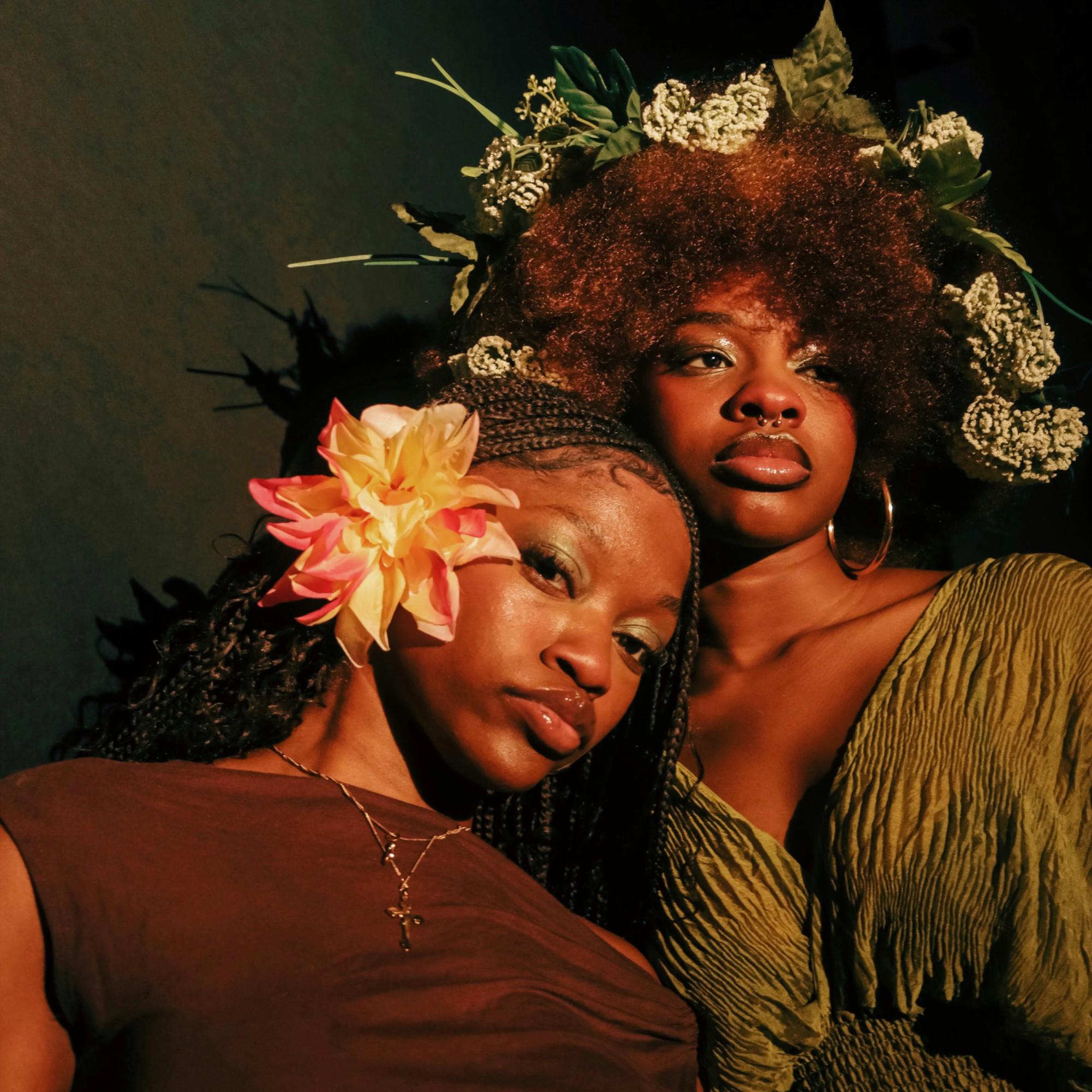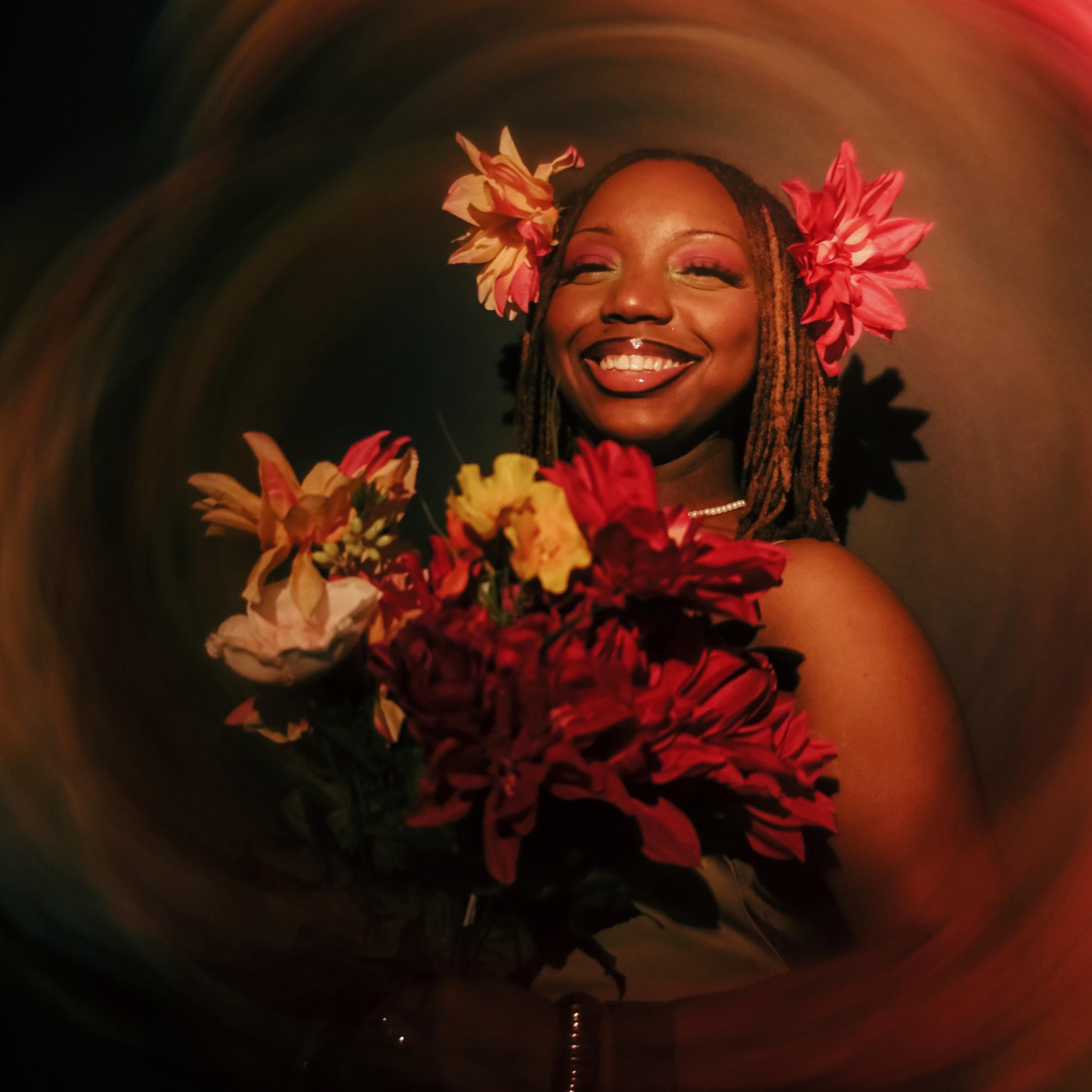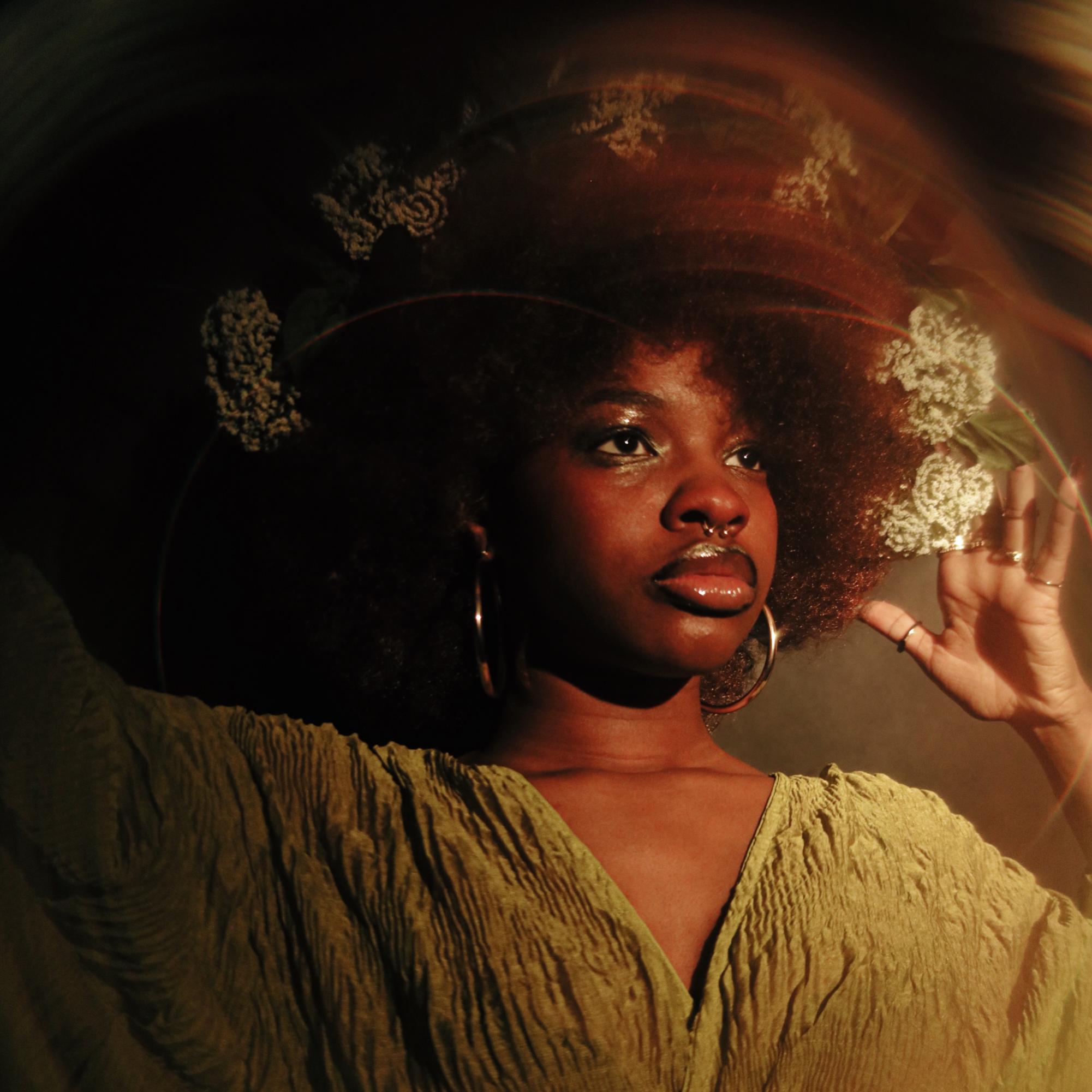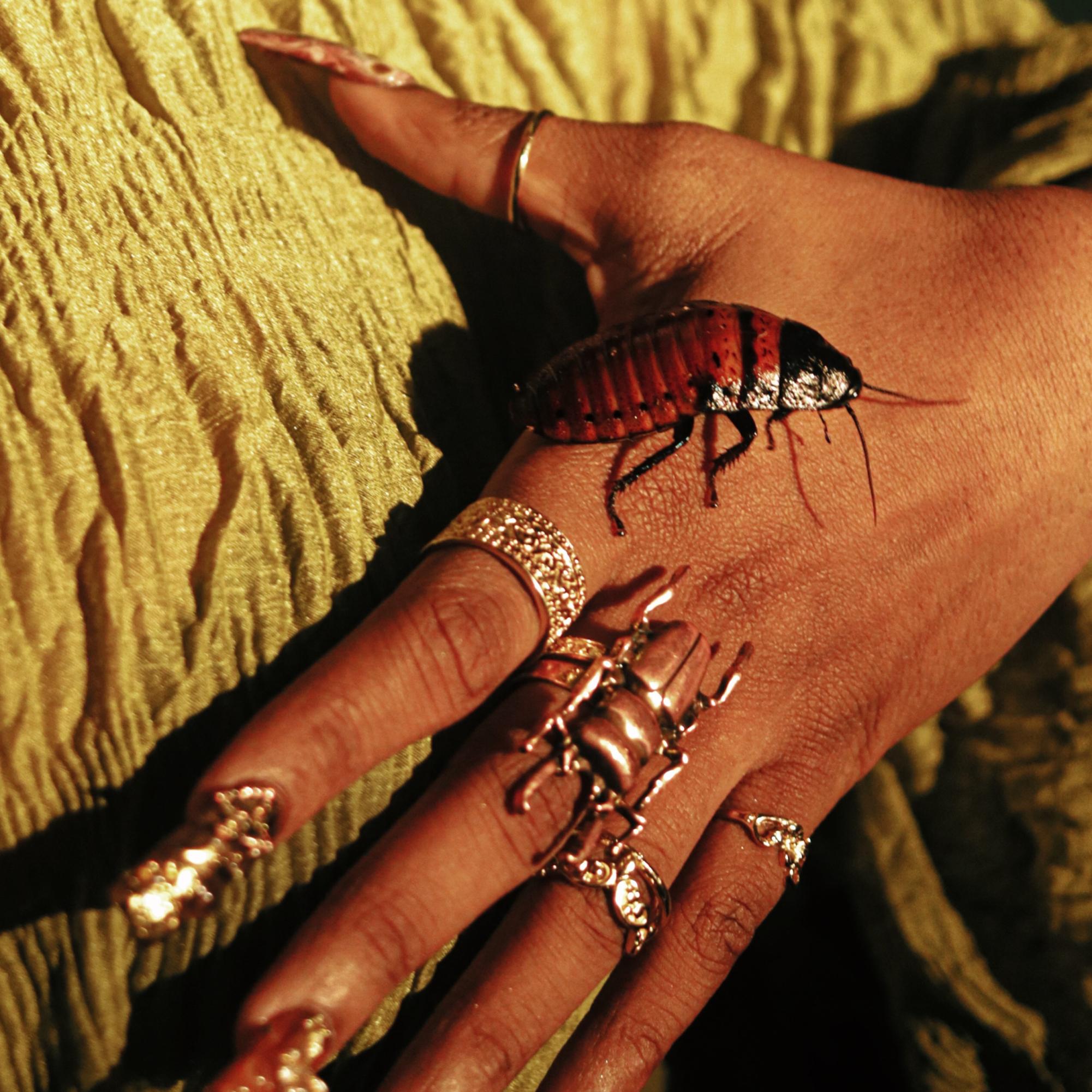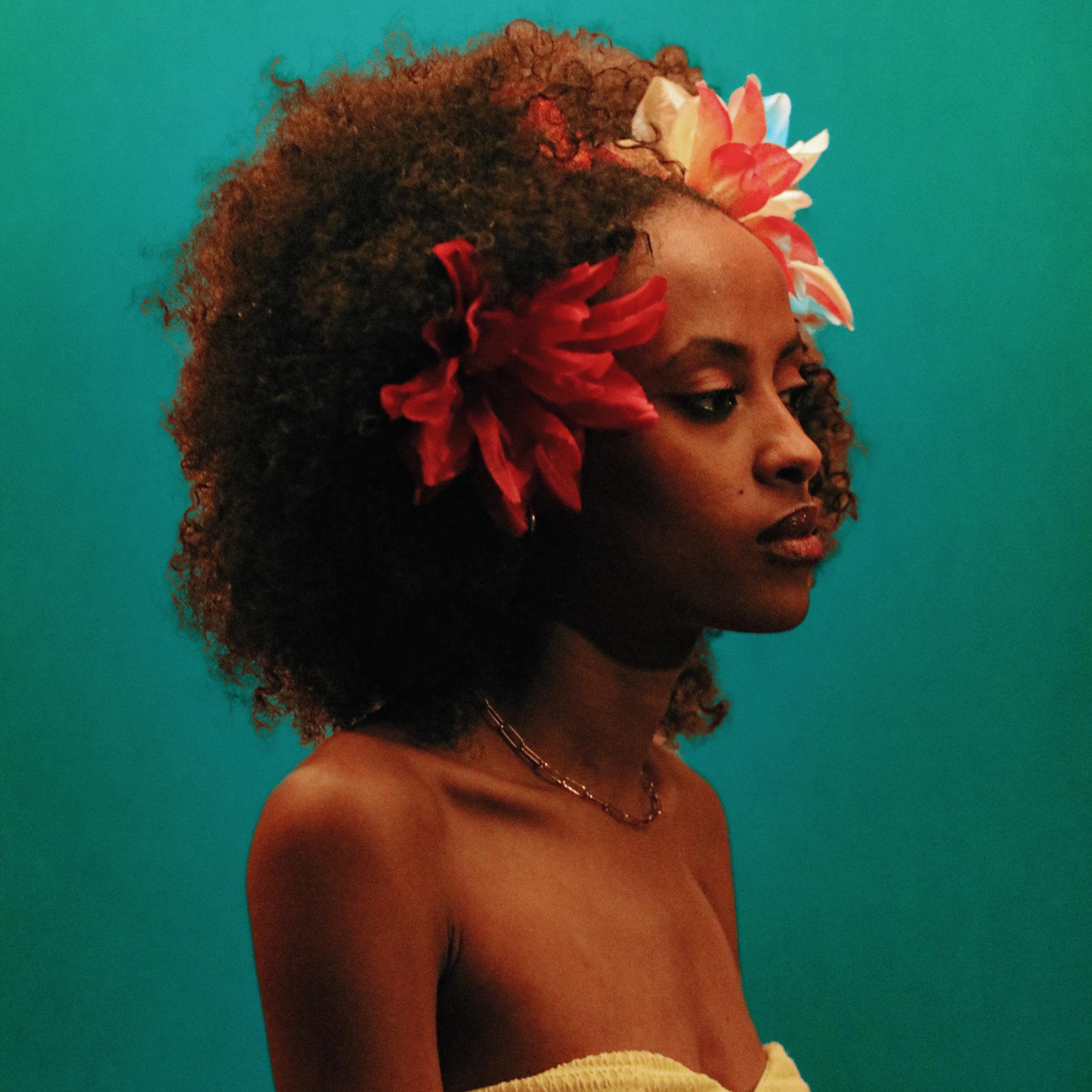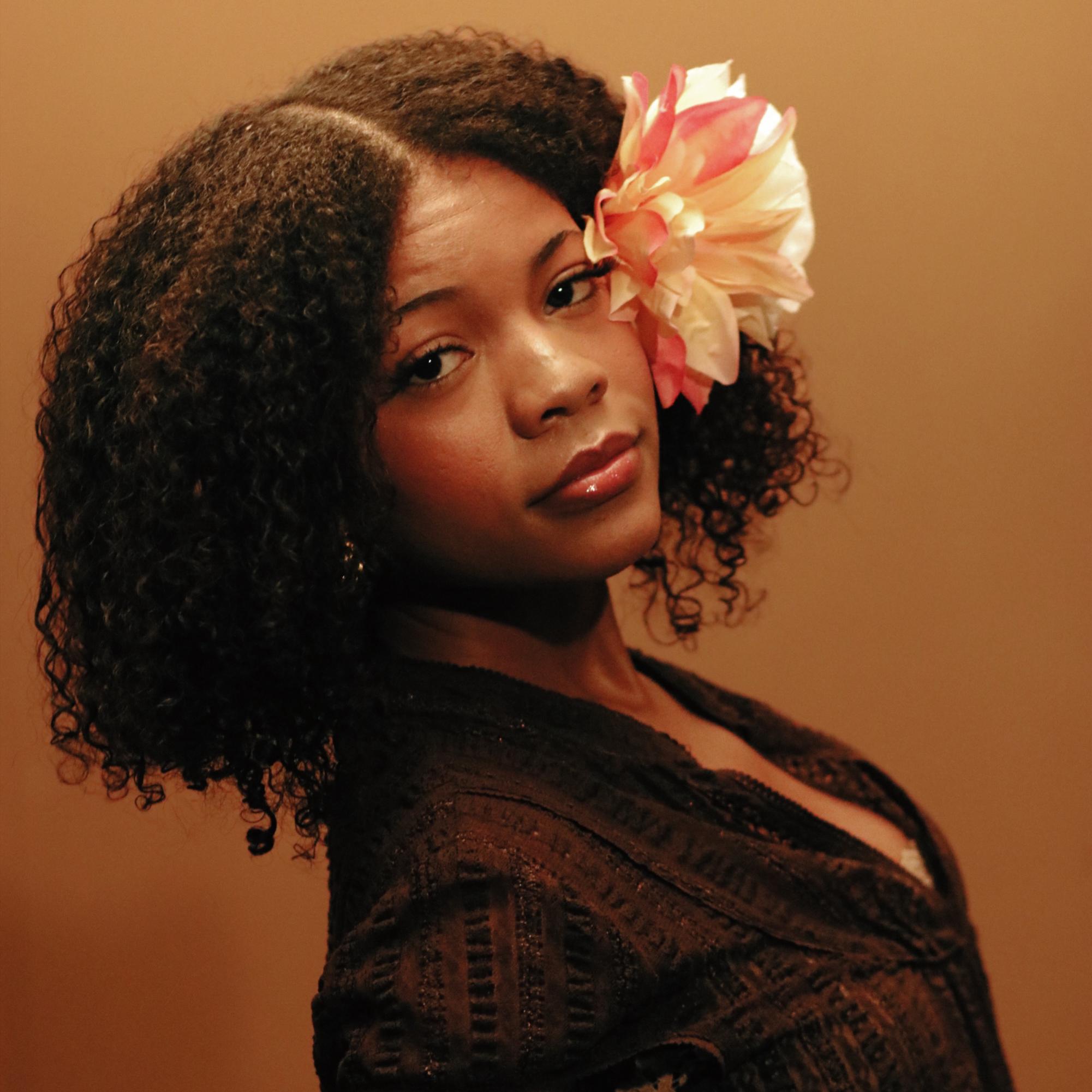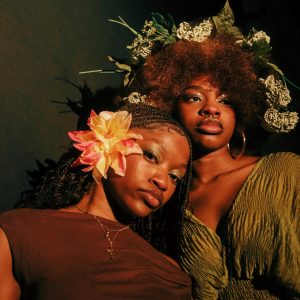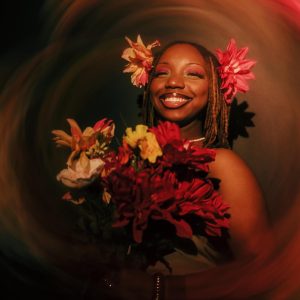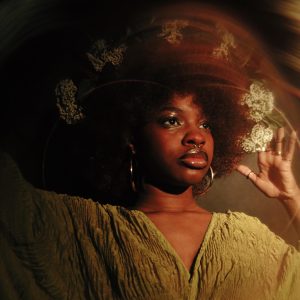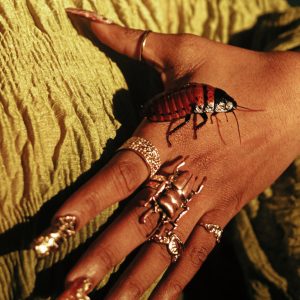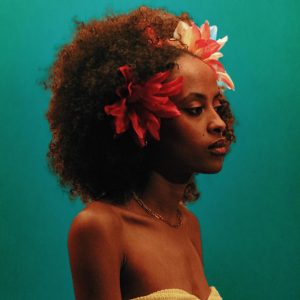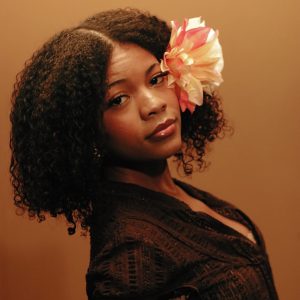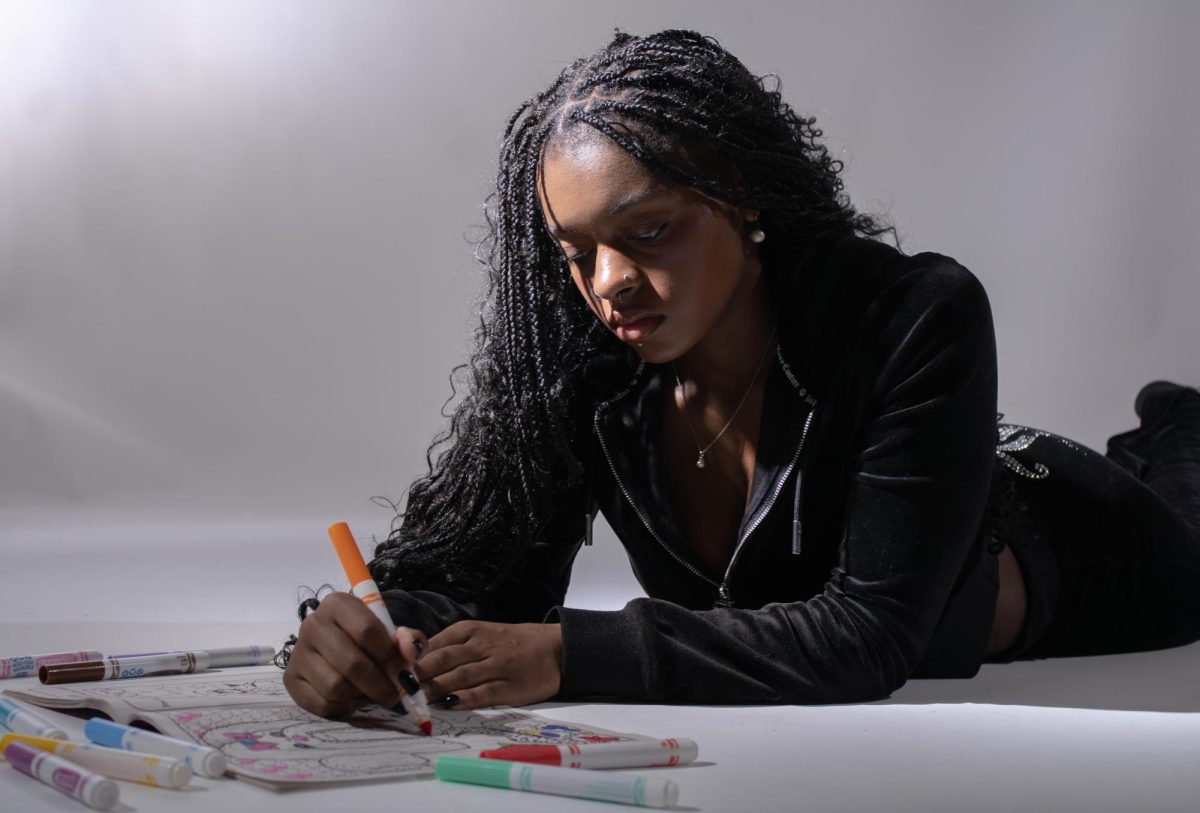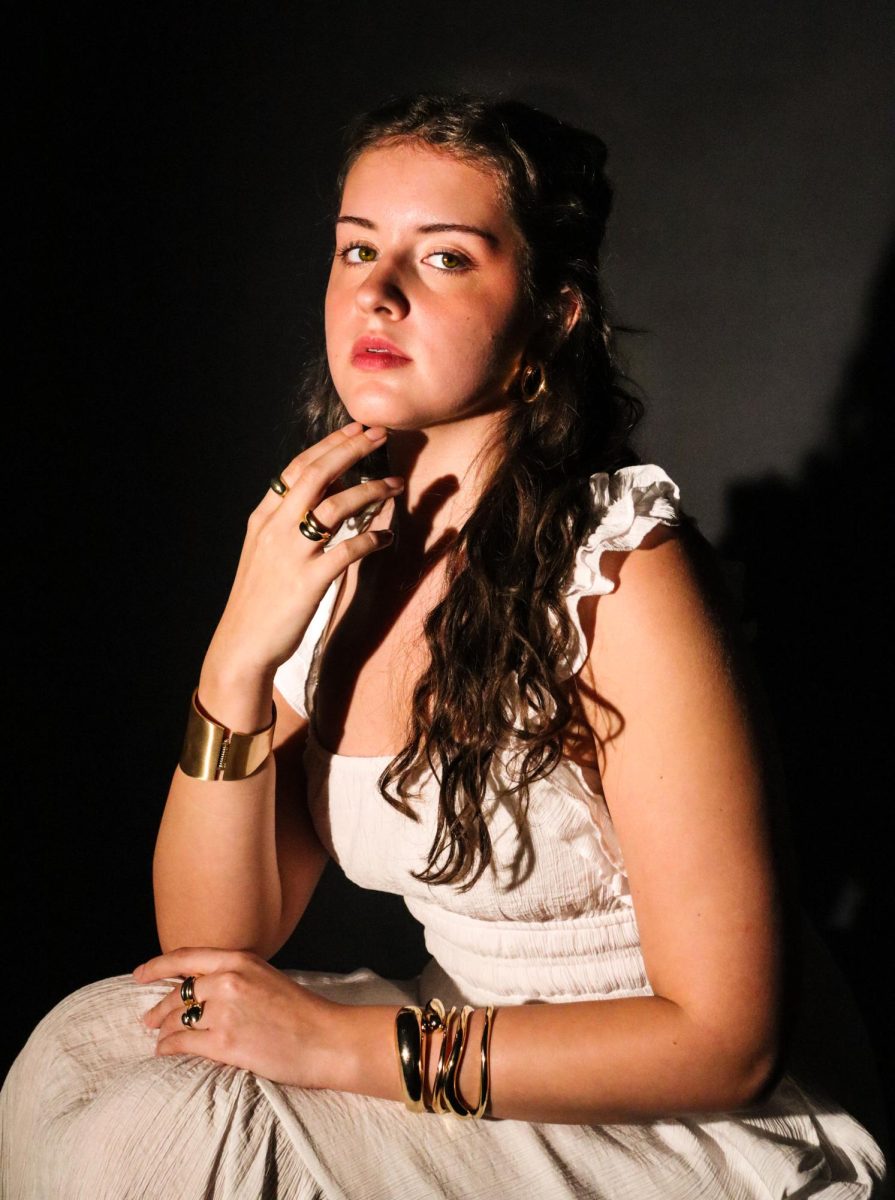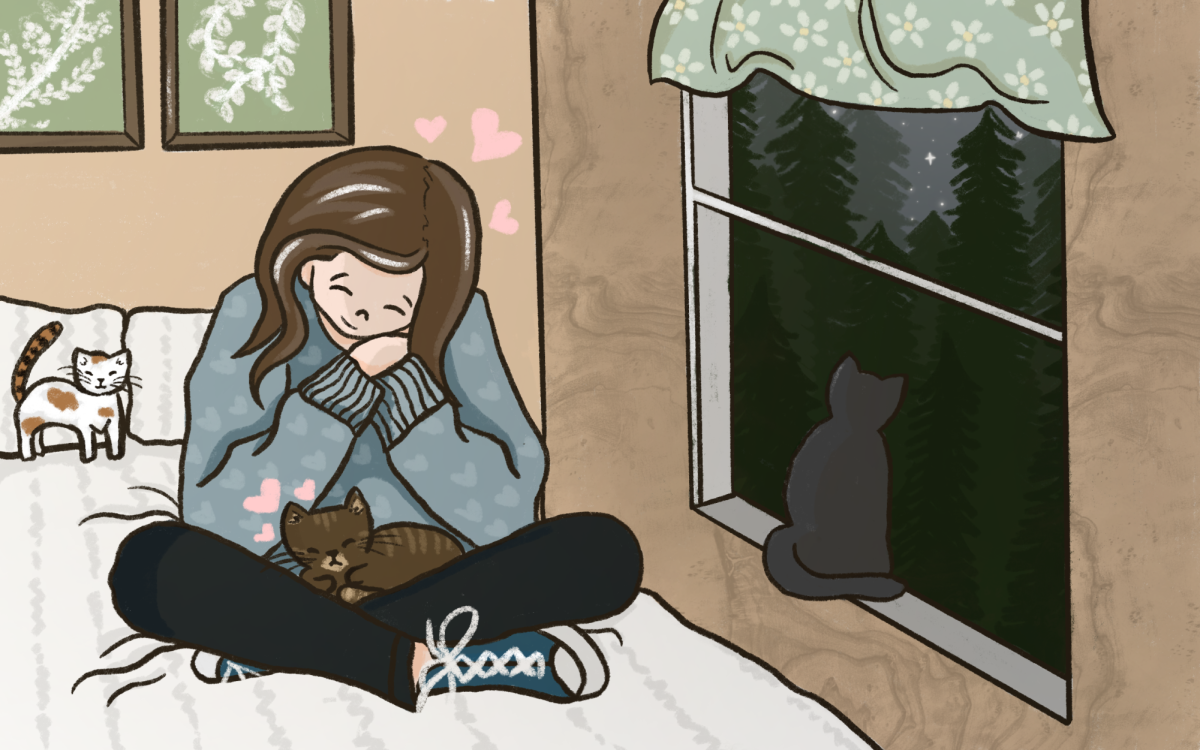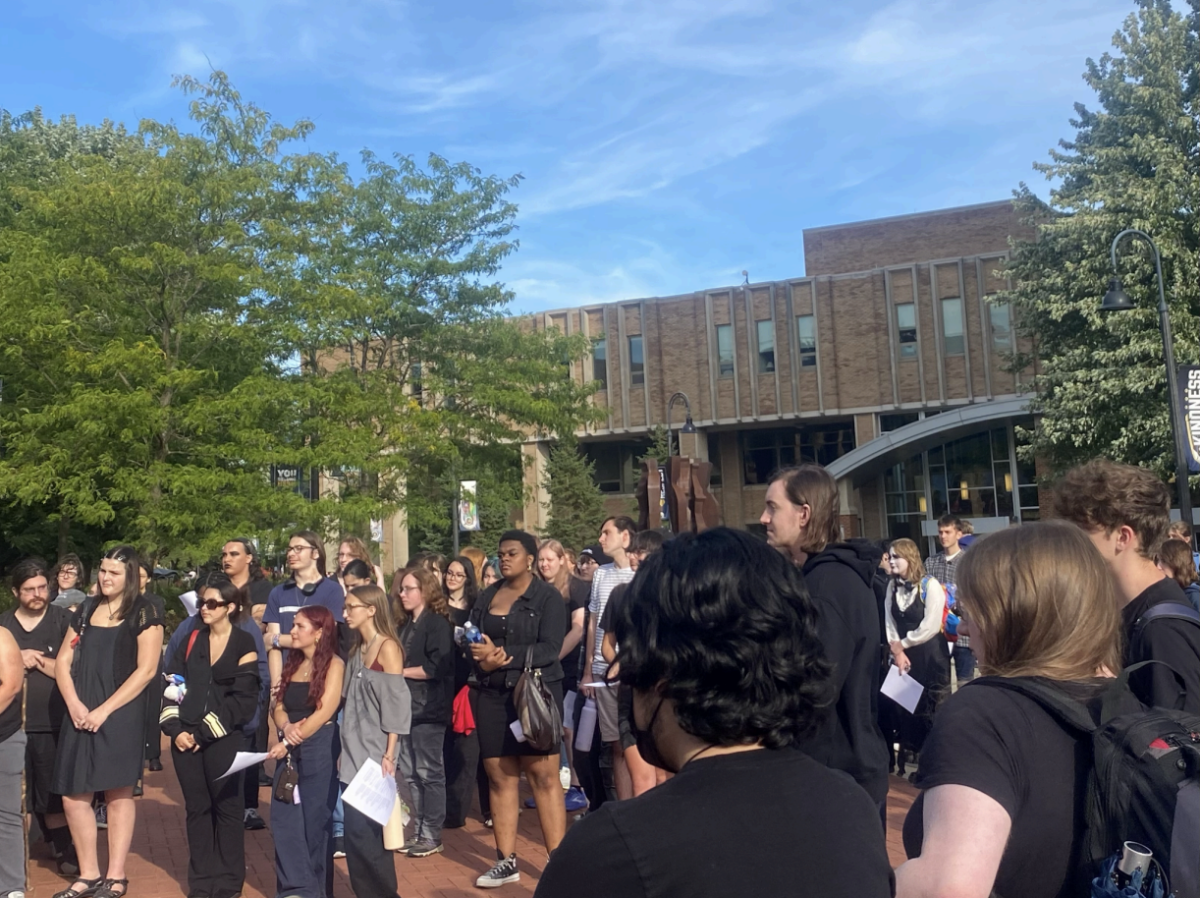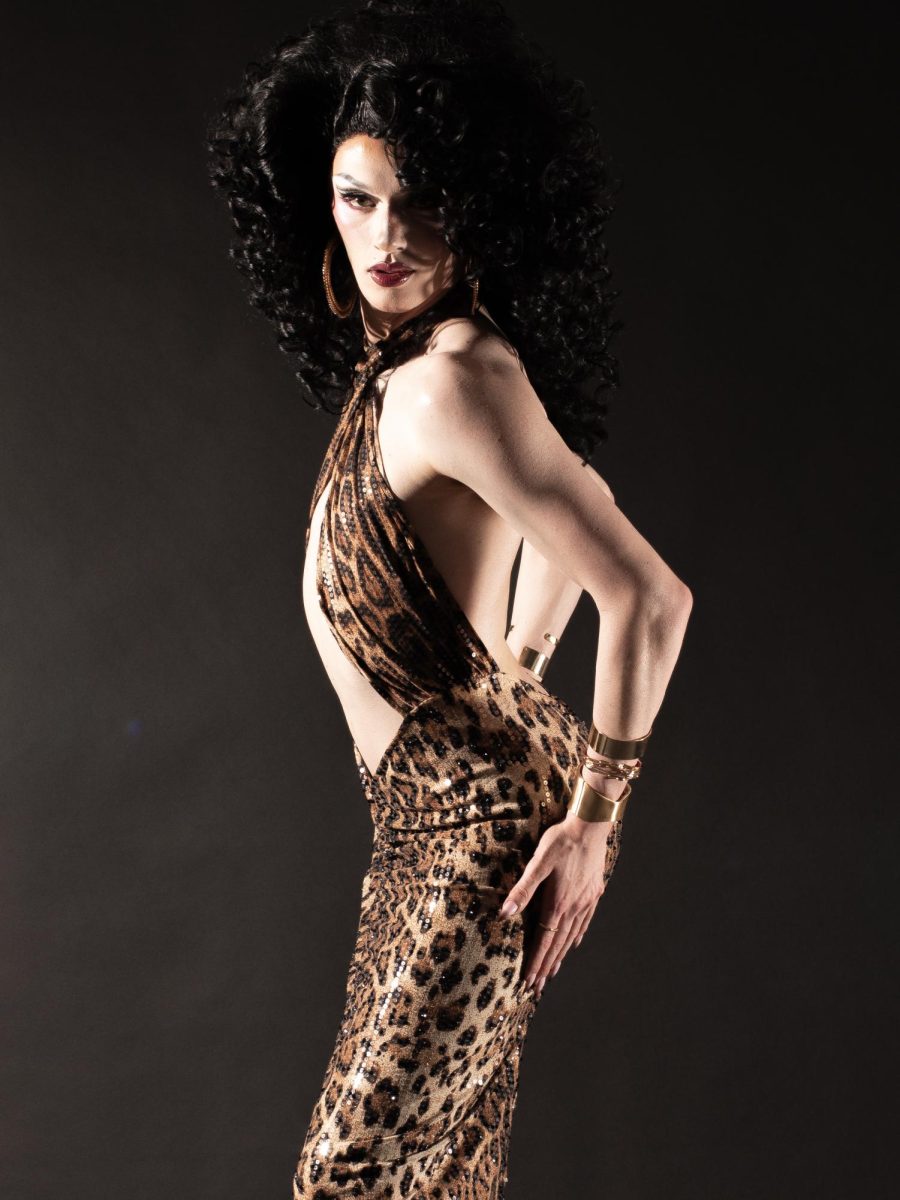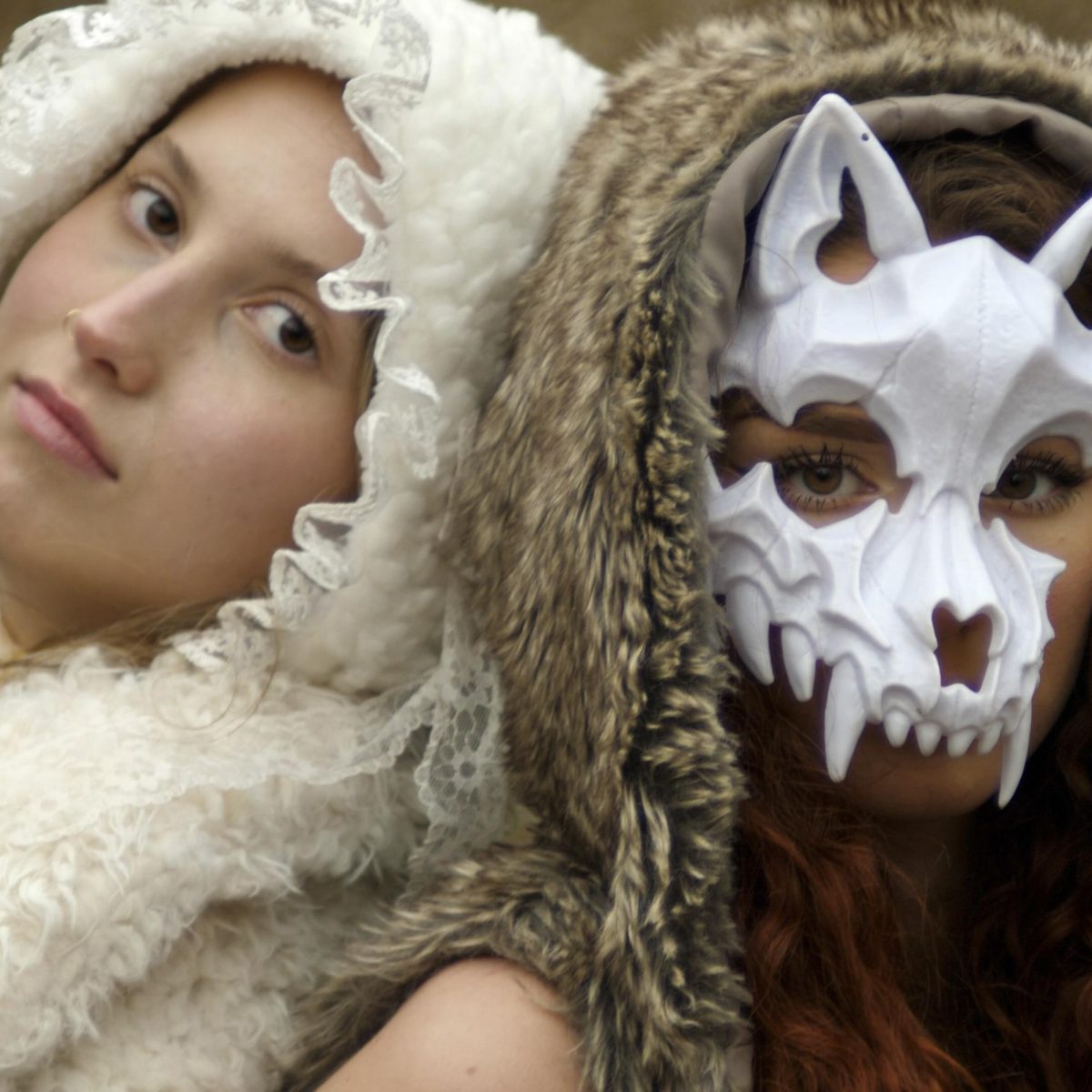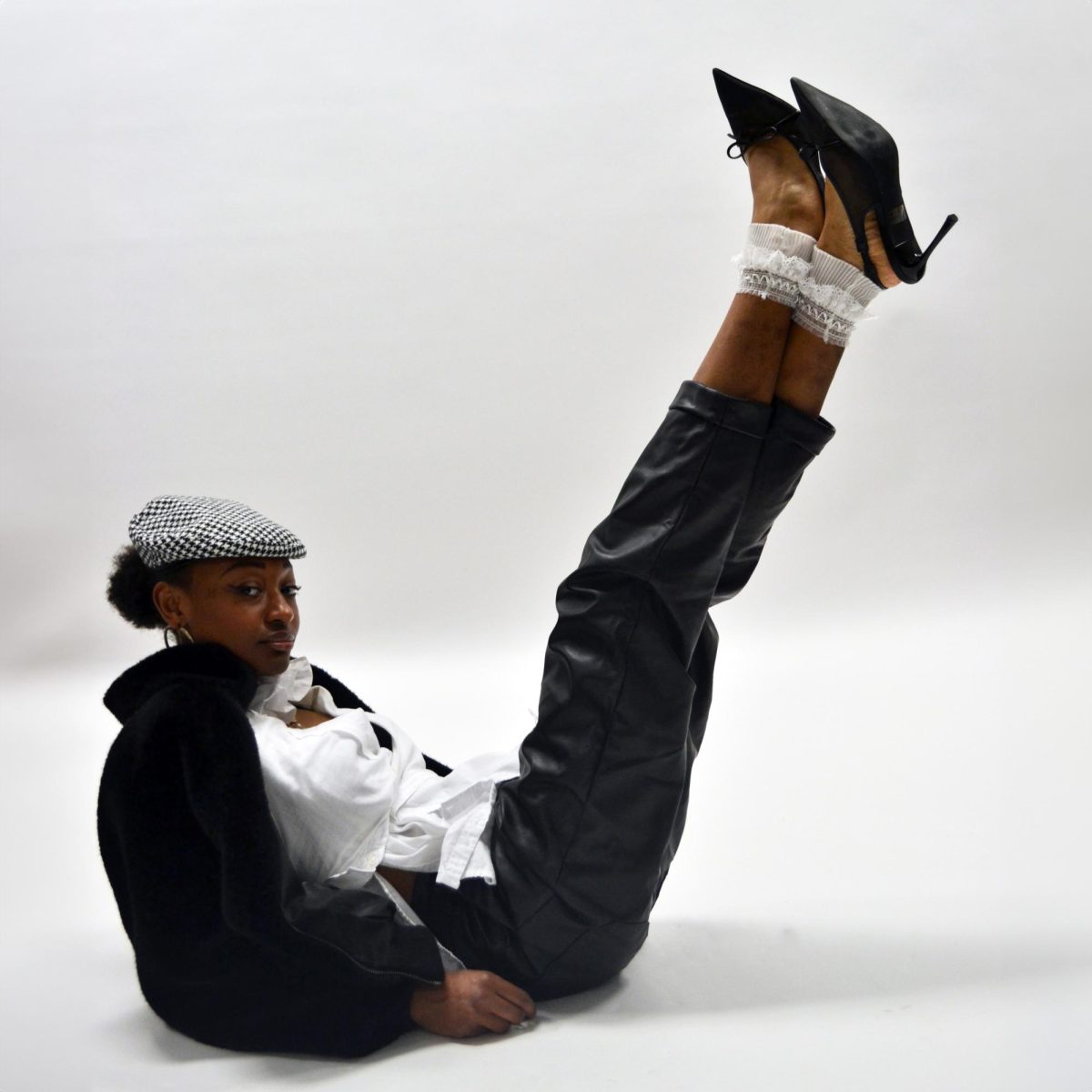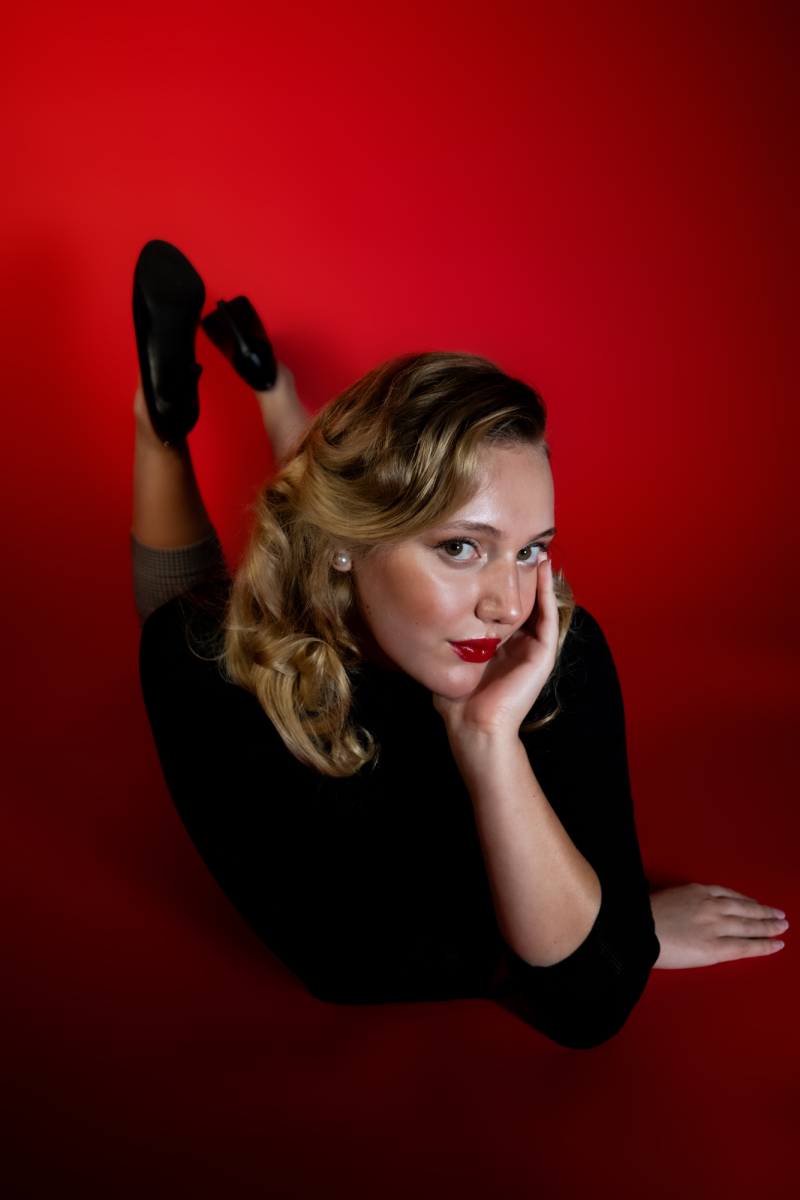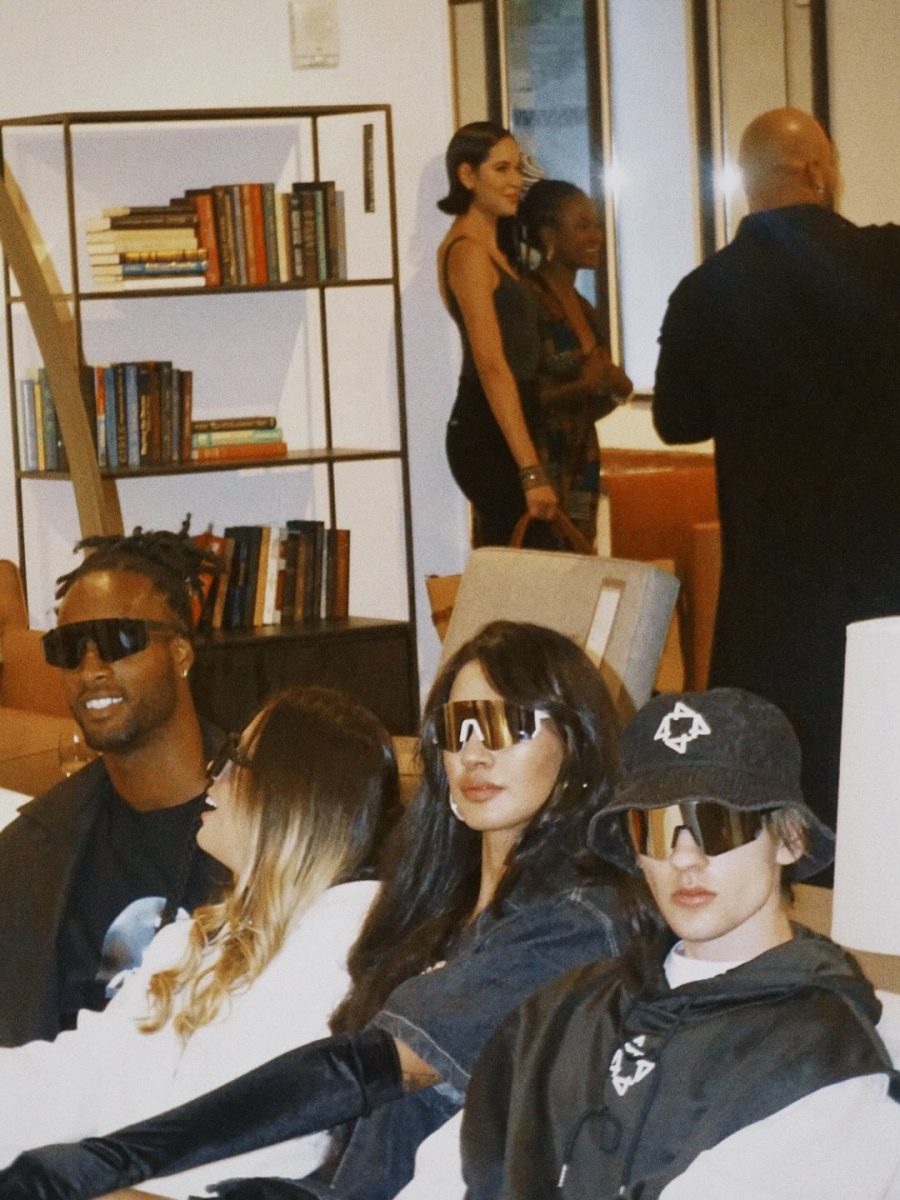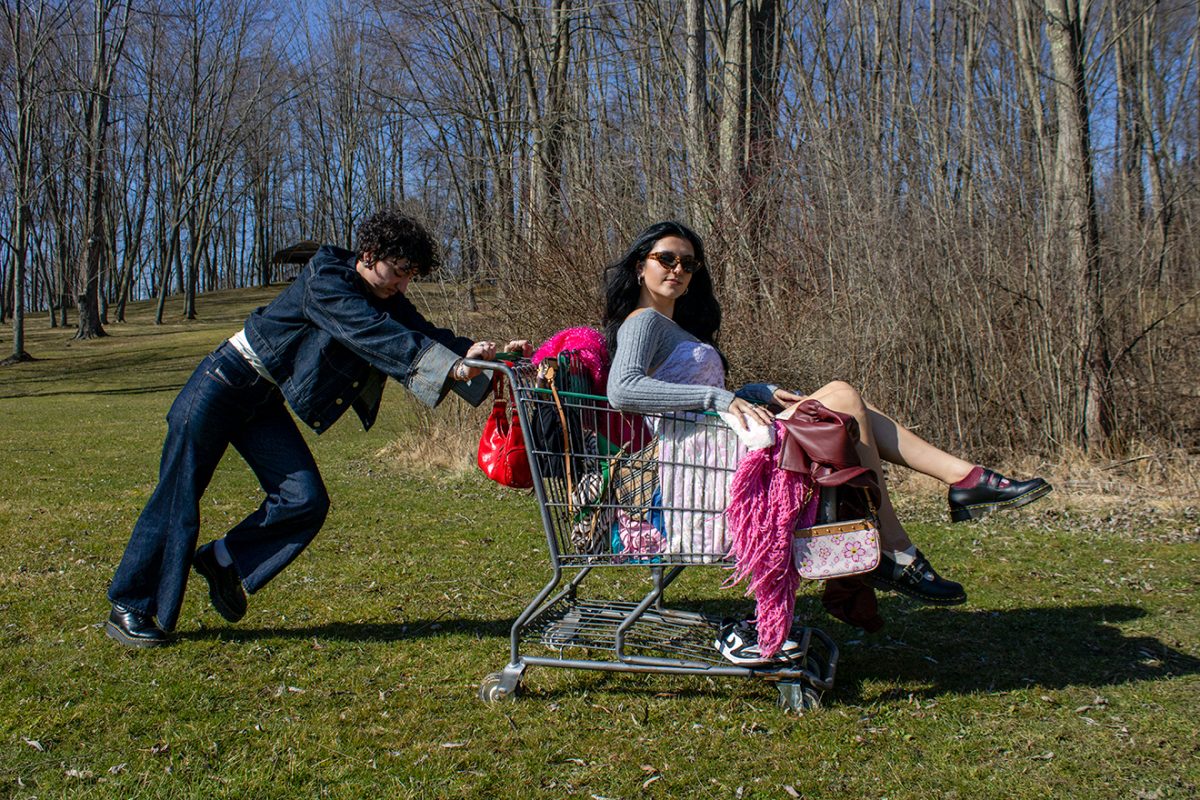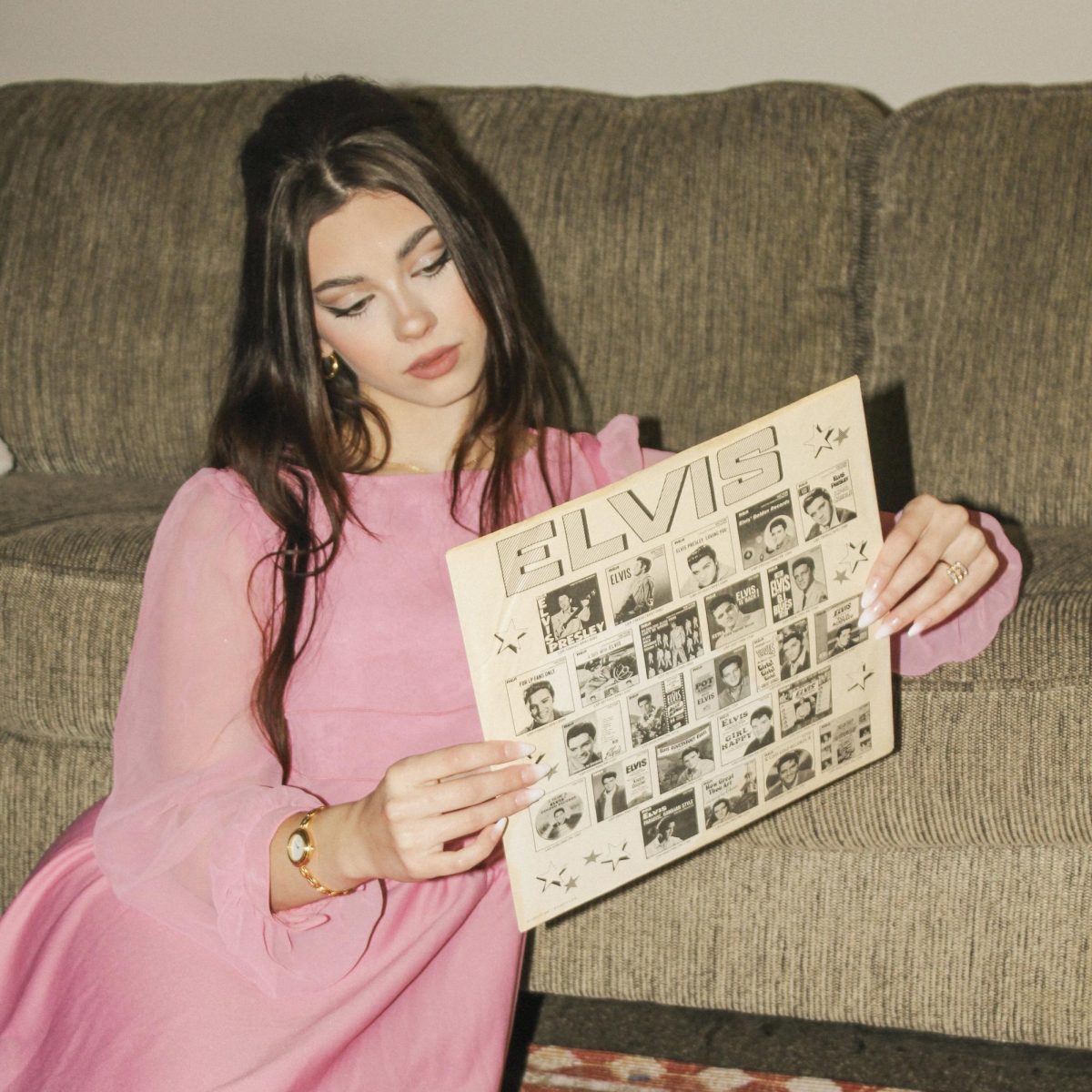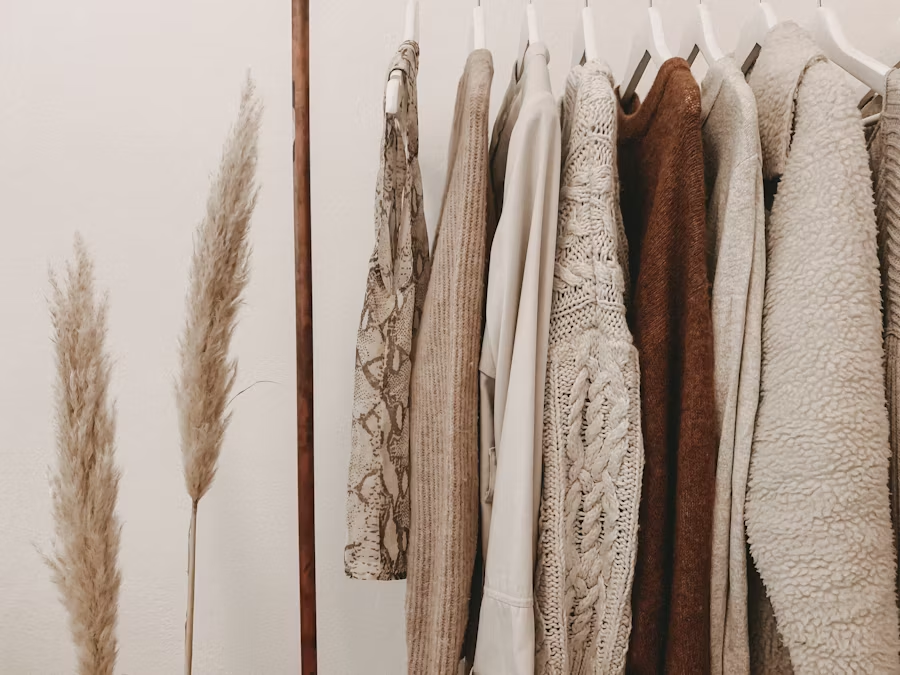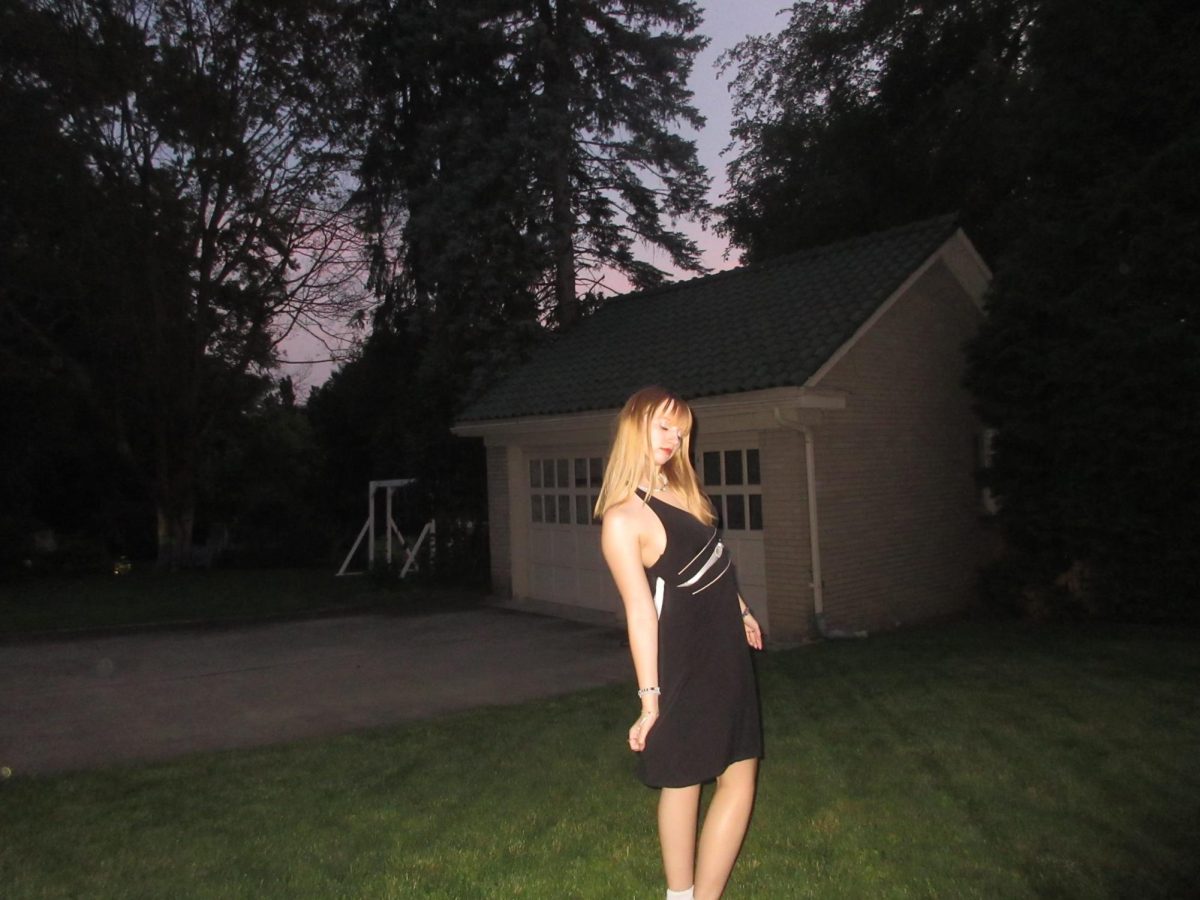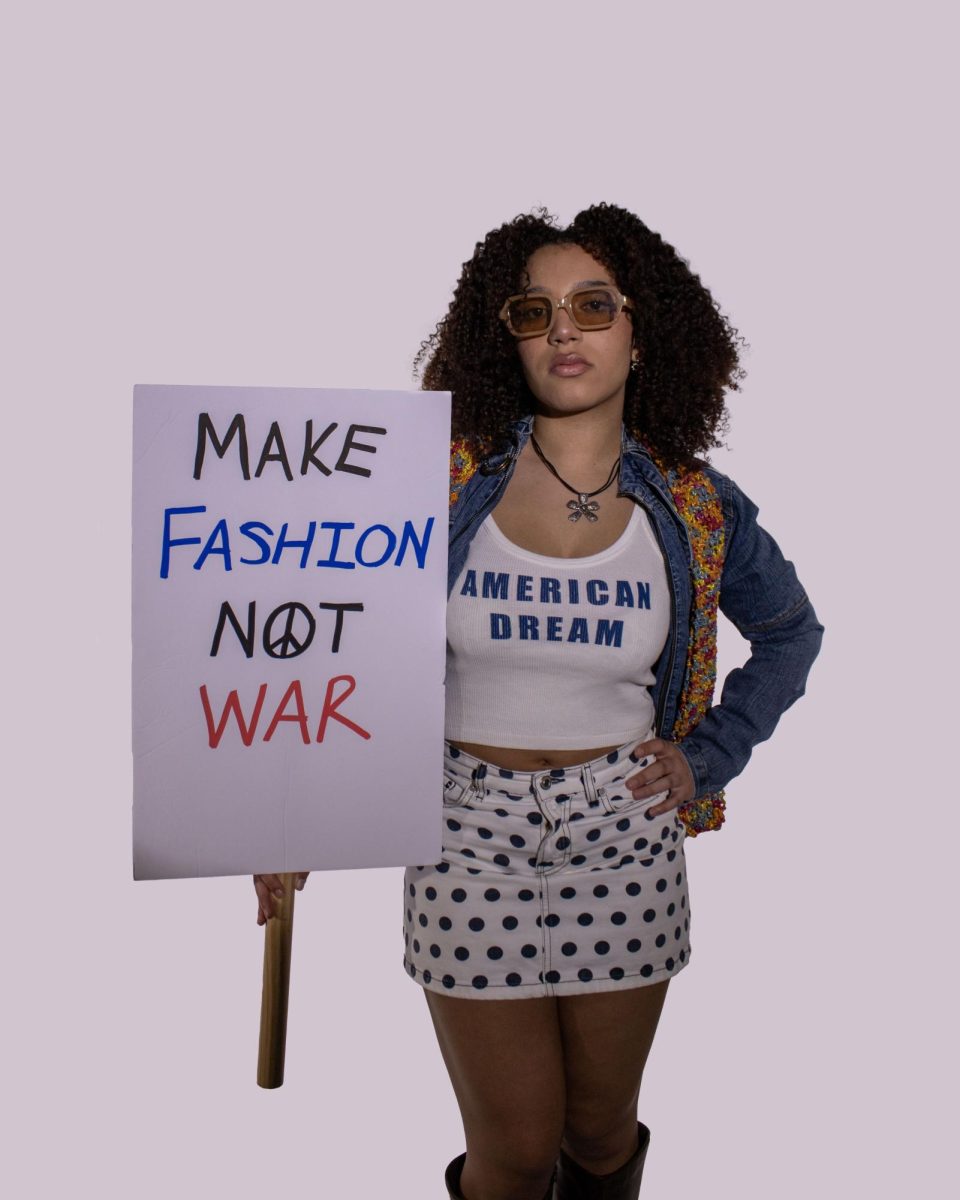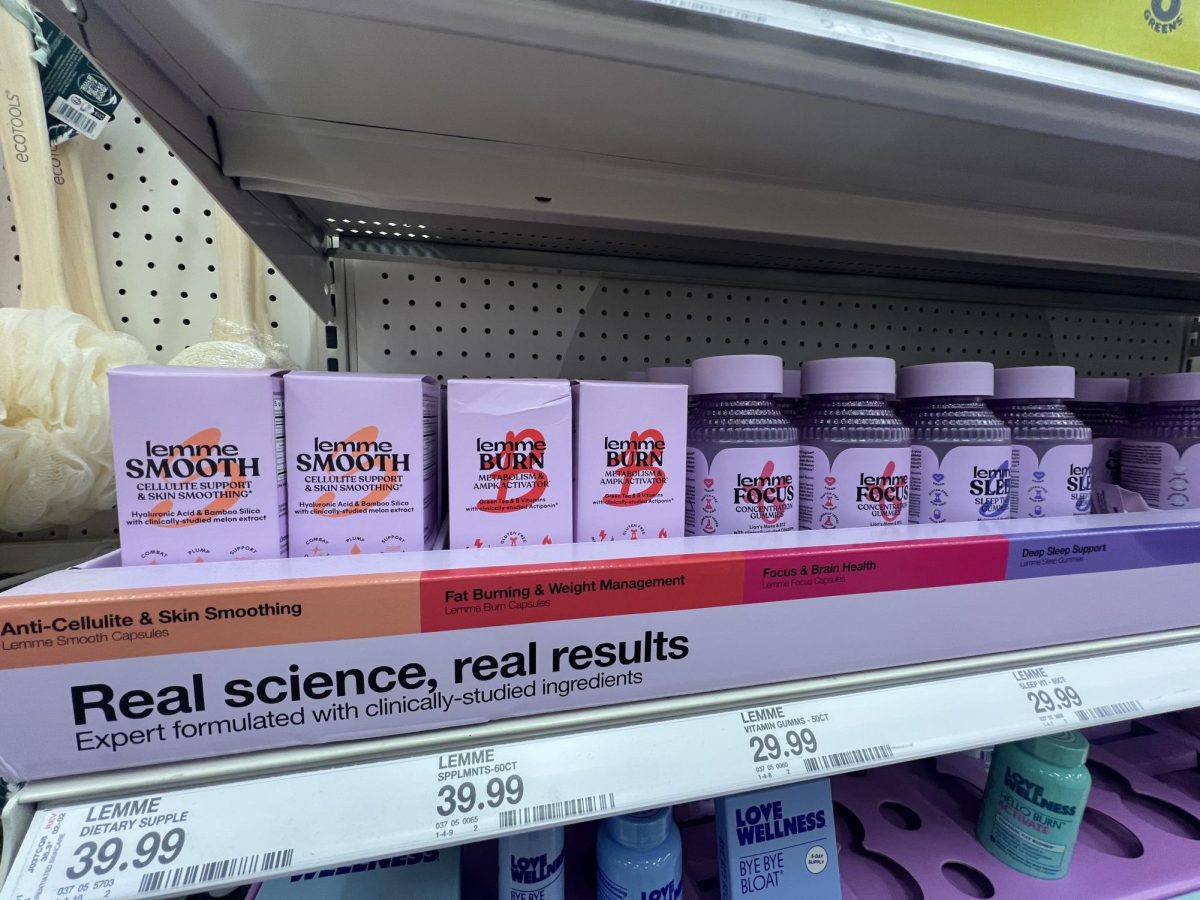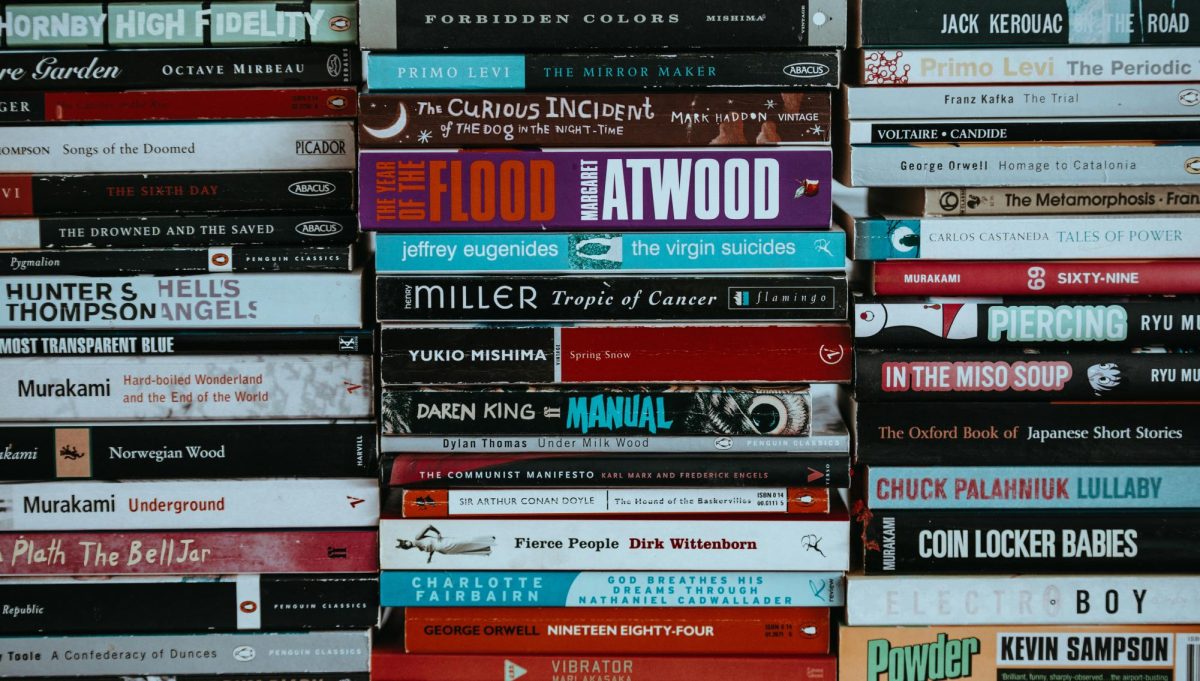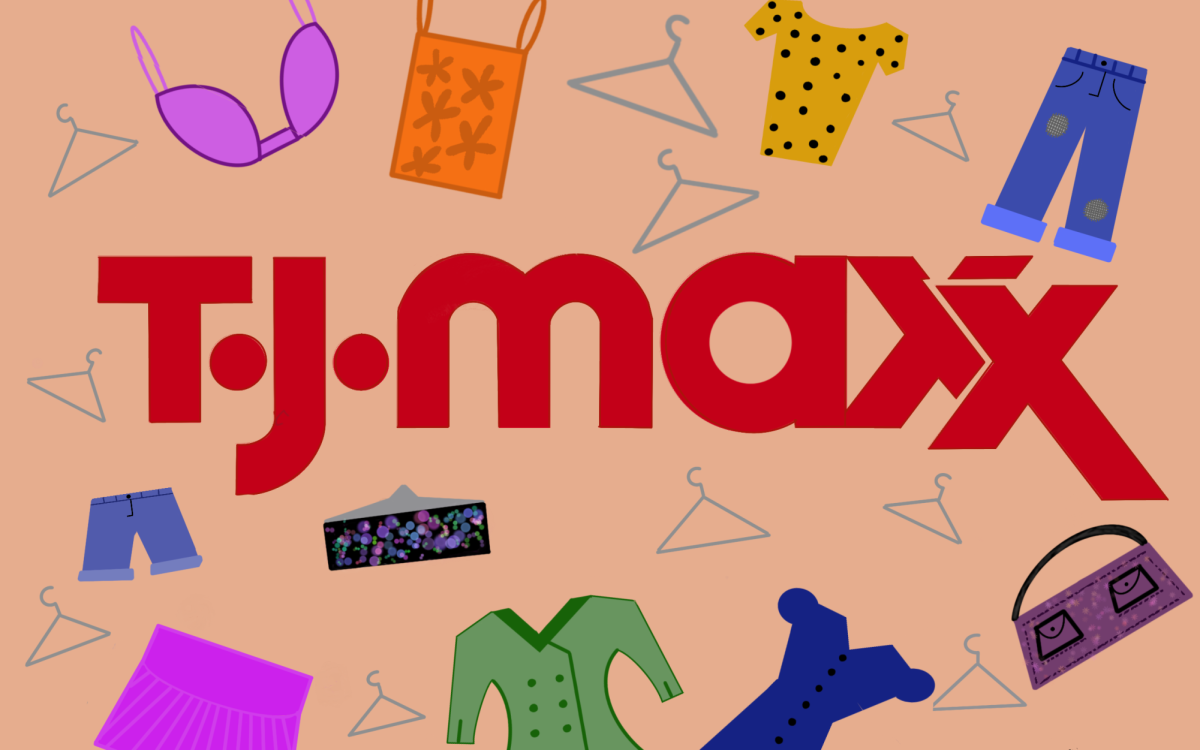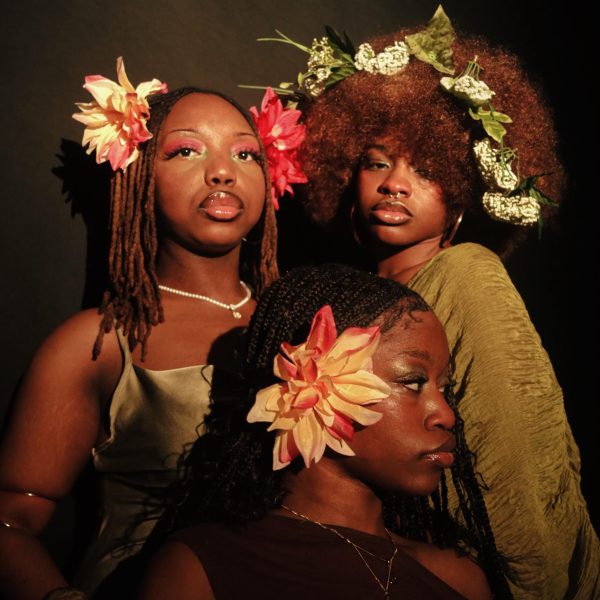
When I was 7, my Auntie put beads and barrettes in my hair as I sat choiceless in her salon chair. The clacking sounds when walking down the hallways at school embarrassed me. I wanted long french braids like the girls with fairer skin, not the semi-permanent pineapple sat atop my head. My mom oiled my scalp with “Wonder Gro,” hoping to teach me about self care and tradition. When I was 13, I woke quickly in the morning to put leave-in conditioner in and pull out the curls that lay flat to the back of my head from sleeping. I was embarrassed by how my coils knotted and shrank at different lengths around my nape and temples. I avoided the salon, a cultural hub for black women, hoping to veil the part of my identity that was “loud.” And I didn’t like the way the other women looked at me when I stayed silent instead of joining in their merriment. People would ask me how long it took me every morning to curl my hair so tight and why black people’s hair never grew. My mom begged me to wear my bonnet but I refused to bring it to sleepovers. When I was 18 I wore my hair straight. I burned my curls away when they started to show. I slicked down my edges or wore claw clips hoping to fit in somewhere. I was embarrassed when people would say “You should straighten it all the way” in opposition to my bumped ends and curled bangs. My mom encouraged me to try braids and sew-ins, hoping to see me happy with the way I looked.
Now I’m nearly 21. I wear bantu twists and my natural ‘fro in professional settings. I straighten my hair when I feel like it and get braids when I don’t. My best friend asked me to show him pictures of me when I was younger because he always loved the way black girls’ bobbles looked. I always tie my hair up at night, and bonnets are the internet’s new obsession. My hair that was long stunted from years of malice and indifference has now started to grow again. It’s grown with me from a time when I just wanted to fit in, to a time when I realized there is really no such thing.
Growing as a black woman means unlearning everything that you were taught about yourself and getting in touch with your soul. It means when they label you as “ghetto” you have a little laugh and think about how lively and passionate your grandparents can be when debating “who’s more iconic? Luther Vandross or Womack and Womack?” And when you’re labeled as “white-washed”… they are just jealous of how eloquently you can express yourself and confused as to why you no longer try to fit into their stereotypes. My experiences, though sometimes cringe-worthy and often feel like time lost from being my most authentic self, have shaped me into an eccentric, confident and compassionate black woman, who is not embarrassed to be so.
Support Student Media
Hi! I’m Kayla Friedman, A Magazine’s editor-in-chief. My staff and I are committed to bringing you the most important and entertaining news from the realms of fashion, beauty and culture. We are full-time students and hard-working journalists. While we get support from the student media fee and earned revenue such as advertising, both of those continue to decline. Your generous gift of any amount will help enhance our student experience as we grow into working professionals. Please go here to donate to A Magazine.

